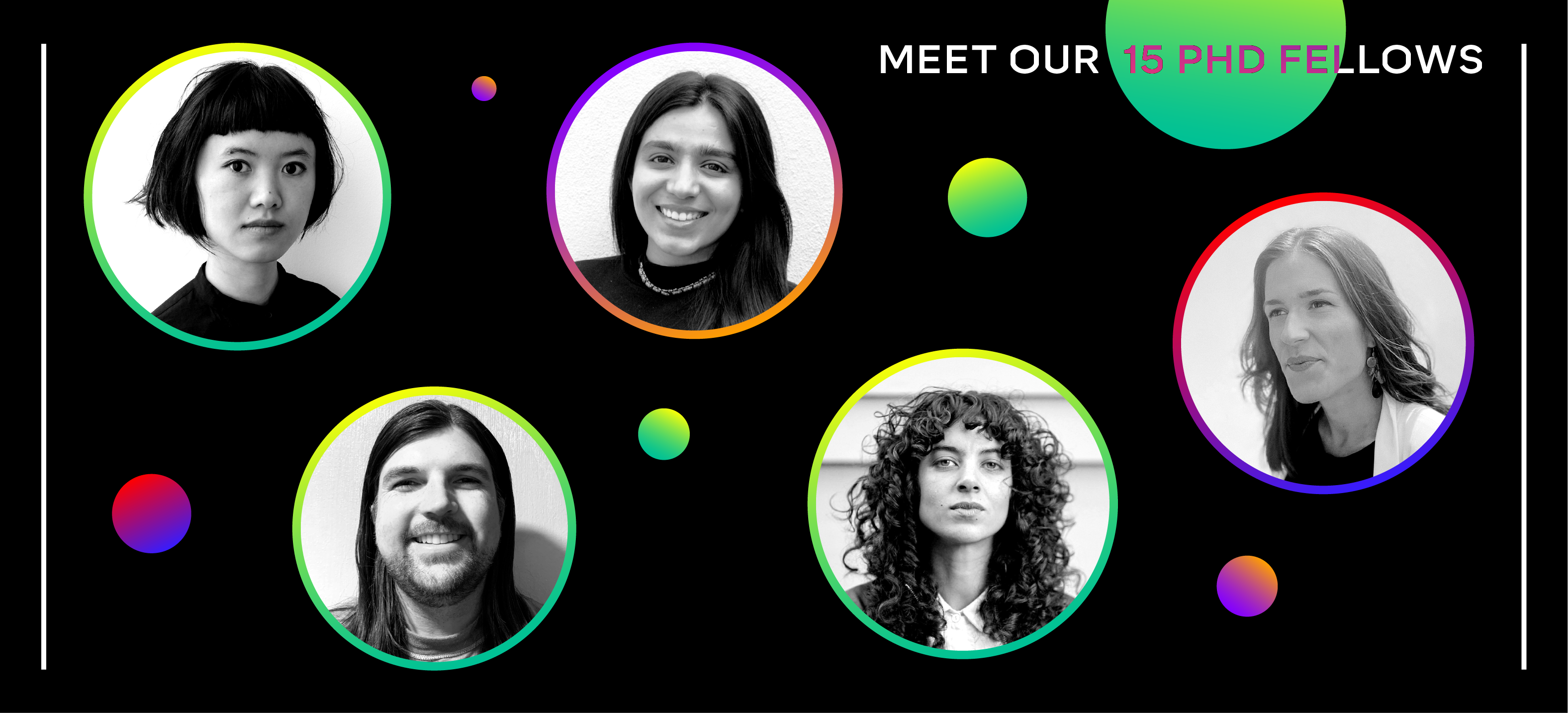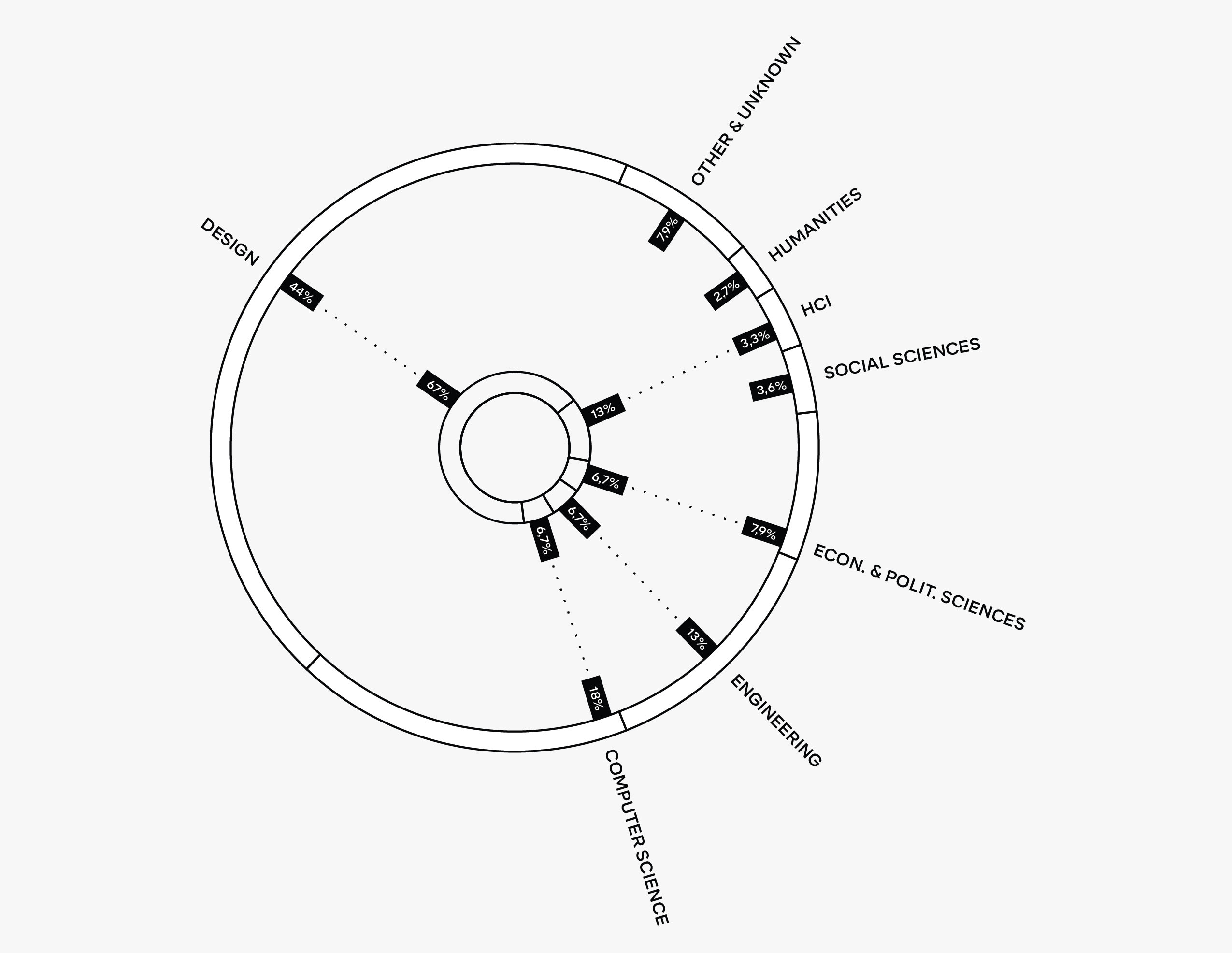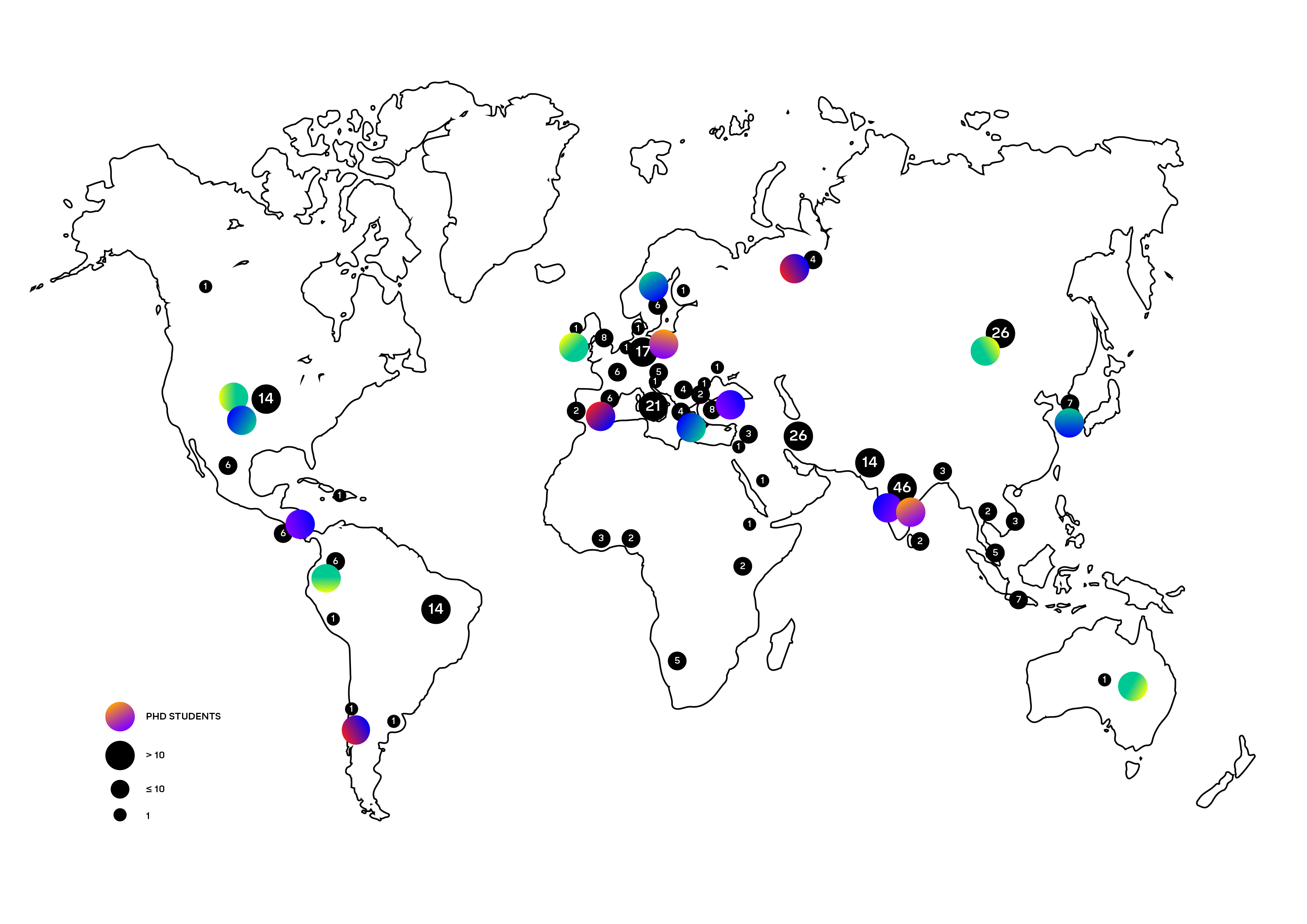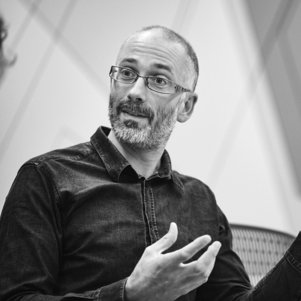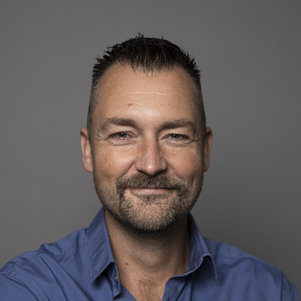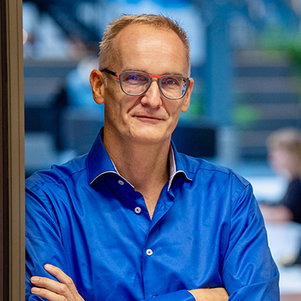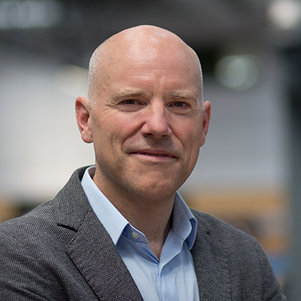DCODE welcomes 15 PhD fellows this summer
This summer 15 PhD researchers will join DCODE. The fellows were carefully chosen from a pool of 314 applicants from 53 countries. The group brings with it a diverse range of disciplinary backgrounds, skills, and expertise. Together with their TU Delft supervisors, they will work to create new foundations for design.
What is DCODE?
DCODE is a European network and PhD programme. They train researchers and designers to guide society’s digital transformation towards inclusive, sustainable futures.
The key research objective of DCODE (an acronym for Foundations of Design Competence for Our Digital Future) is to develop a fundamentally new understanding of how design, as an interdisciplinary field of research and practice, can anticipate the digital transformation of society powered by data, machine learning, and artificial intelligence, and form a holistic understanding of the different agencies involved—human and artificial—to create the conditions for responsible and sustainable futures.
To find out more about DCODE, visit their official website.
Who are the 15 PhD fellows joining DCODE this summer?
DCODE’s 15 PhD fellows are globetrotters, hailing from the likes of Chile, Spain, Russia, China, Australia, USA, Ireland, Greece, South Korea, Turkey, Germany, India, Costa Rica, and Sweden.
Not only that but they come from various disciplinary backgrounds and their unique career trajectories mean that they bring with them expertise and skills from industry and creative practices at the crossroads of design, anthropology, science and technology studies, economic and political studies, engineering and data science.
They come from world-class universities, including: Santa Fe Institute, Parsons School of Design (Transdisciplinary Design), Moscow Institute of Physics and Technology (Applied Physics and Technology), Malmö University (Interaction Design), Glasgow School of Art (Design Innovation and Citizenship), UC Santa Cruz (Anthropology), Umeå University (Gender, Justice and Society), King’s College London (Human Rights Law), UC San Diego (Cognitive Science), Lund University (Entrepreneurship and Innovation). Some come from our own programs: Edinburgh College of Arts (Design Informatics), Delft University of Technology (Strategic Design), Umeå Institute of Design (Interaction Design). Additionally, many of the fellows have industry experience at organisations such as Deloitte, BMW, Verizon, Lamoda, Cognizant, Block Zero, DisCO.coop, and the EU Commision.
What will be they be doing at DCODE?
New foundations for design require the integration of five key research challenges, cutting across previously separate disciplines and sectors, and so DCODE’s 15 PhD fellows will be working in:
- Sustainable human-machine relations
- Trusted interactions across decentralized networks
- Inclusive socio-economic models
- Democratic data governance
- Future design roles and practices
They will be working as proto-teams on real problems, in real-world contexts and in collaboration with the commercial, governmental and civil organisations of the DCODE Network.
To learn more about each of the PhD fellows, click here.
About the selection process
The consortium received applications from 314 applicants from 53 countries. Of the 314 applicants, 43.6% were women. Of the 15 fellows hired, 67% (10 out of the 15 early-stage researchers) are women.
For the selection of each ESR, gender-balanced selection committees were formed. Each committee was made up of four members from different institutions and disciplinary backgrounds. The selection committees were also asked to follow an ethical training programme.
Candidates were selected via a two-stage interview process, which included a research assignment for the second round. While the research assignment was different depending on the ESR project, each assignment had been discussed and approved collegially by the consortium to ensure all applicants were treated fairly and respectfully.
TU Delft Supervisors
- HCD: Elisa Giaccardi (Project Lead), Dave Murray-Rust, Roy Bendor, Nazli Cila, Marco Rozendaal
- SDE: Alessandro Bozzon, Gerd Kortuem
- DOS: Peter Lloyd
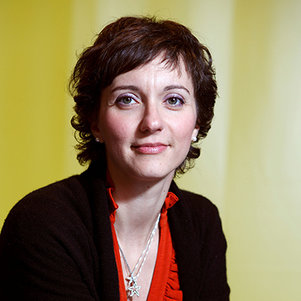
Elisa Giaccardi
- +31 (0)15 278 9223
- e.giaccardi@tudelft.nl
-
Room C-3-150
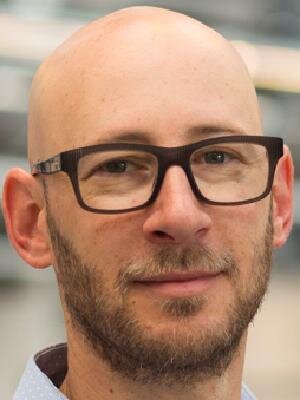
Roy Bendor
- +31 (0)15 27 87166
- R.Bendor@tudelft.nl
- Personal website
-
Room C-3-210
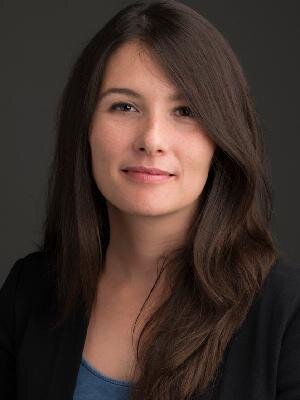
Nazli Cila
- +31 (0)15 27 83007
- N.Cila@tudelft.nl
- Personal website
-
Room B-2-140
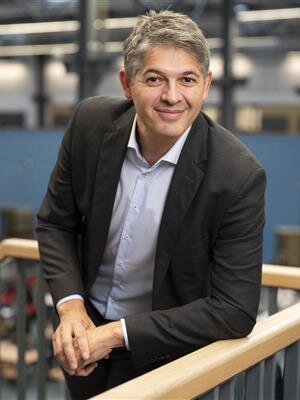
Alessandro Bozzon
- +31 (0)15 27 87822
- a.bozzon@tudelft.nl
- Personal website
-
Room B-3-370
Working days: M T W T F
"Twenty years from now you will be more disappointed by the things you didn't do than by the ones you did do."

